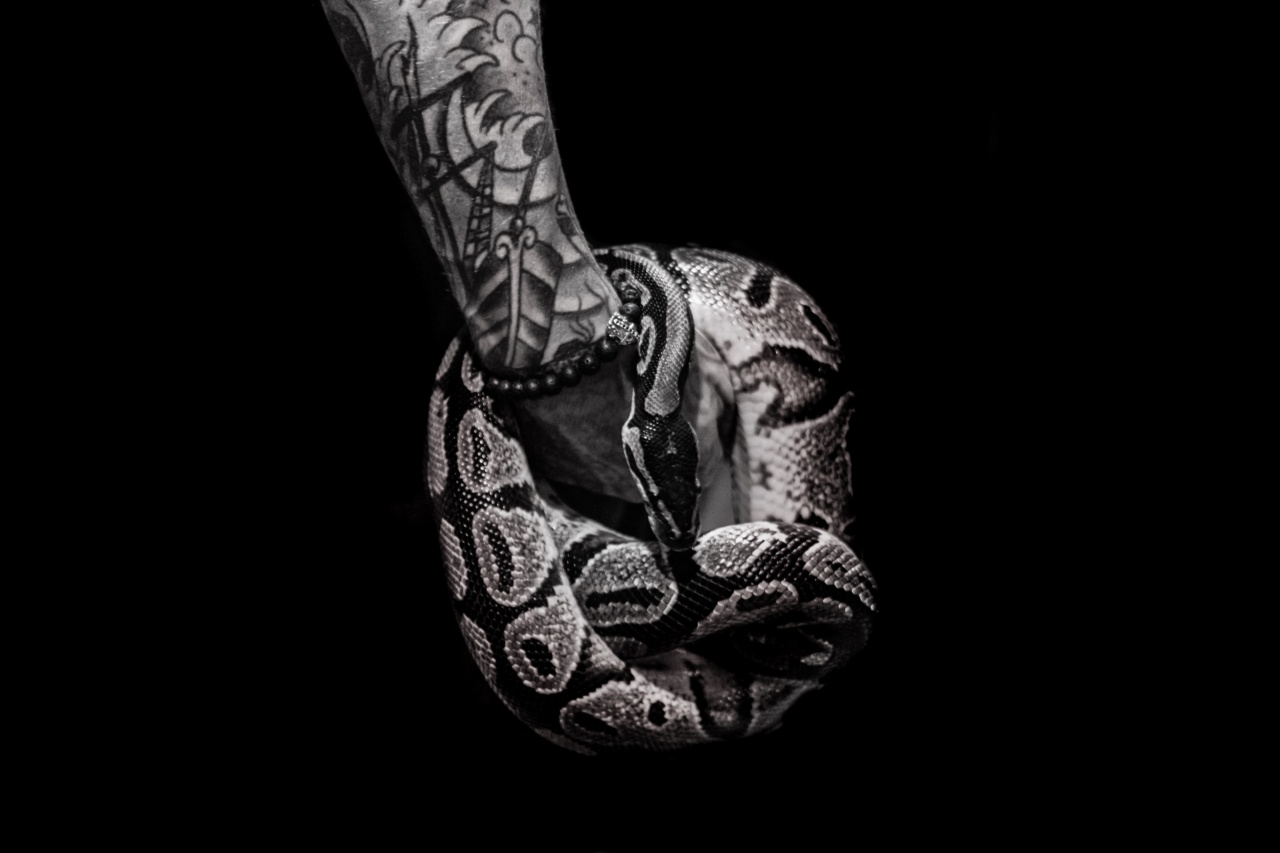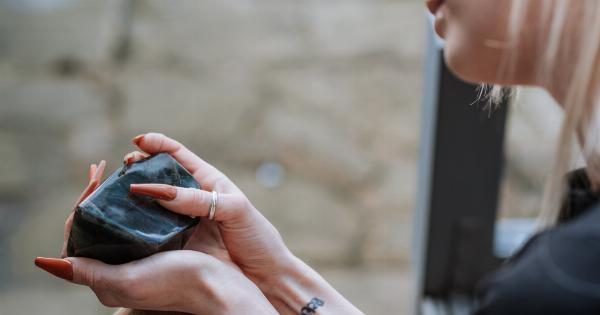Black henna tattoos are a popular temporary tattoo option that can be seen at festivals, beaches, and other events around the world. While they may seem like a safe and fun choice, they can actually be quite dangerous.
In this article, we will discuss the truth about black henna tattoos and their possible risks.
What are black henna tattoos?
Black henna tattoos are temporary tattoos that are made using a mixture of henna and a chemical called p-Phenylenediamine (PPD). Henna is a natural dye that is made from the leaves of the henna plant.
It has been used for centuries in traditional cultures to create temporary tattoos and body art.
PPD, on the other hand, is a strong chemical that is commonly used in hair dyes. It is added to the henna mixture to create a darker, more intense color that is similar to black ink. This is why these temporary tattoos are known as black henna tattoos.
What are the dangers of black henna tattoos?
While henna is generally considered safe for use on the skin, the addition of PPD to the mixture can make black henna tattoos very dangerous. PPD is a known allergen that can cause severe allergic reactions in some people.
Some of the possible risks associated with black henna tattoos include:.
- Allergic reactions: PPD is a strong allergen that can cause severe reactions in some people. Symptoms of an allergic reaction to PPD can include itching, redness, blistering, and swelling.
- Chemical burns: The addition of PPD to the henna mixture can create a chemical that can burn the skin. This can cause pain, swelling, and scarring.
- Infection: If the skin is broken during the tattooing process, there is a risk of infection. This can be especially dangerous if the equipment used for the tattoo is not properly sterilized.
How to spot black henna tattoos?
It can be difficult to spot black henna tattoos, as they can look very similar to traditional henna tattoos. However, there are a few signs that you can look out for:.
- The color: As the name suggests, black henna tattoos are much darker than traditional henna tattoos. They tend to have a very intense color that can look almost black.
- The location: Black henna tattoos are often found at festivals, beaches, and other events. They are usually offered by street vendors or other non-professional tattoo artists.
- The price: Black henna tattoos are generally much cheaper than traditional henna tattoos. This is because they are made using a different, cheaper mixture.
How to protect yourself from black henna tattoos?
The best way to protect yourself from black henna tattoos is to avoid them altogether. Stick to traditional henna tattoos, or other temporary tattoo options that do not contain PPD.
If you do decide to get a black henna tattoo, there are a few things that you can do to minimize your risk:.
- Ask about the ingredients: Before getting a black henna tattoo, ask the artist what is in the mixture. If they cannot tell you, or if they mention PPD, do not get the tattoo.
- Check the artist: Make sure that the artist is using clean, sterile equipment. They should be using a fresh needle and disposable gloves for each customer.
- Protect your skin: If you do get a black henna tattoo, try to keep the tattooed area out of the sun and water. This can help prevent the tattoo from fading and reduce the risk of infection.
The bottom line
While black henna tattoos may seem like a fun and harmless choice, they can actually be very dangerous. If you are considering getting a temporary tattoo, it is important to stick to safe and reliable options.
If you do decide to get a black henna tattoo, be sure to take steps to protect yourself from possible risks.






























